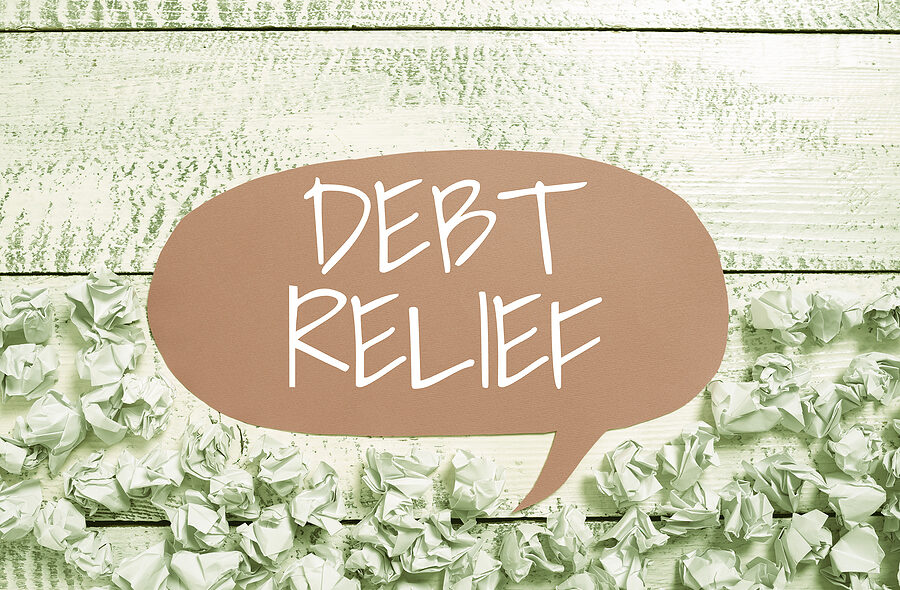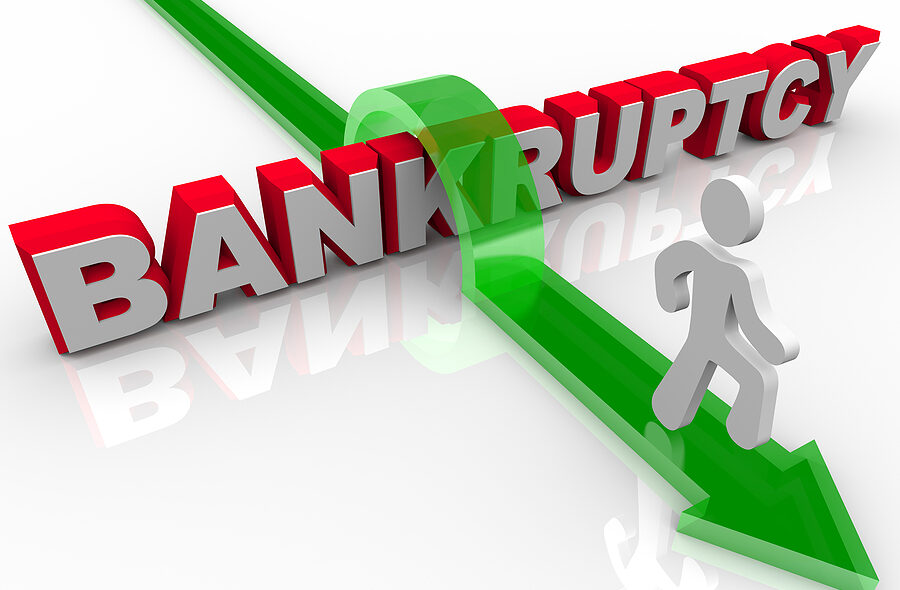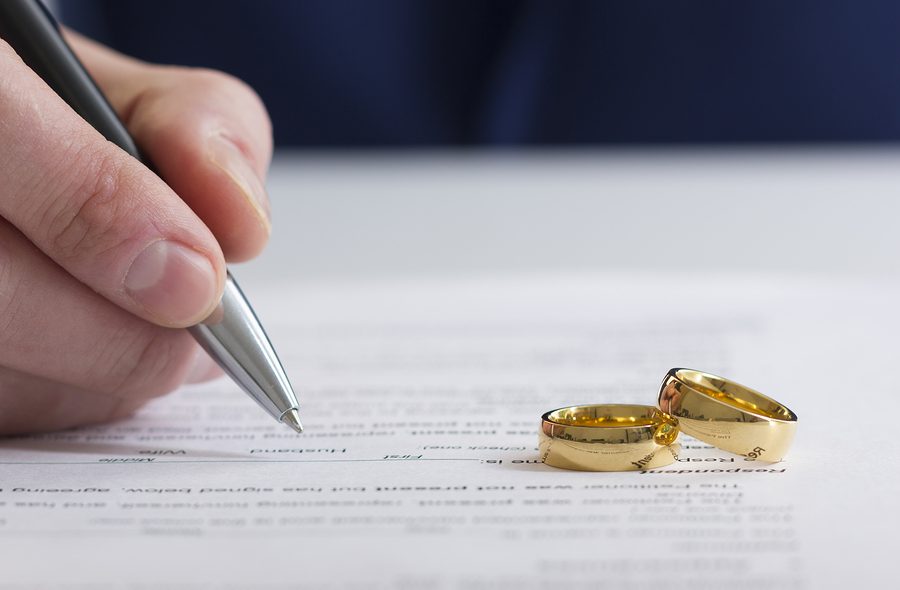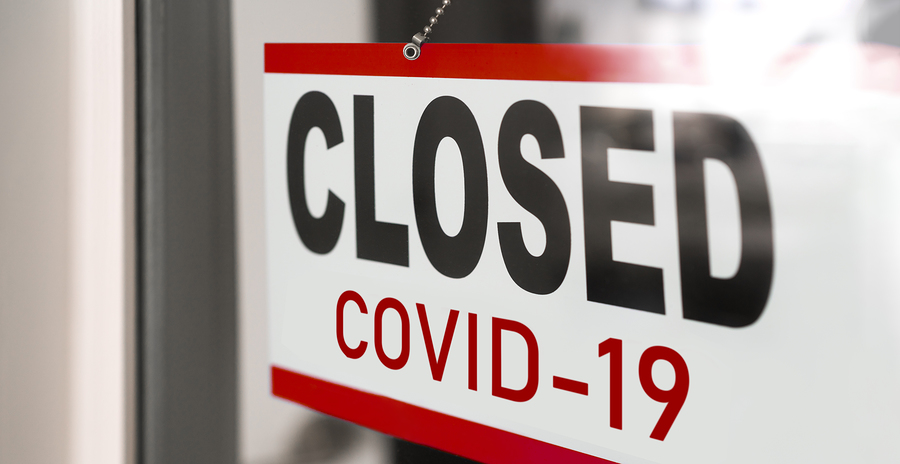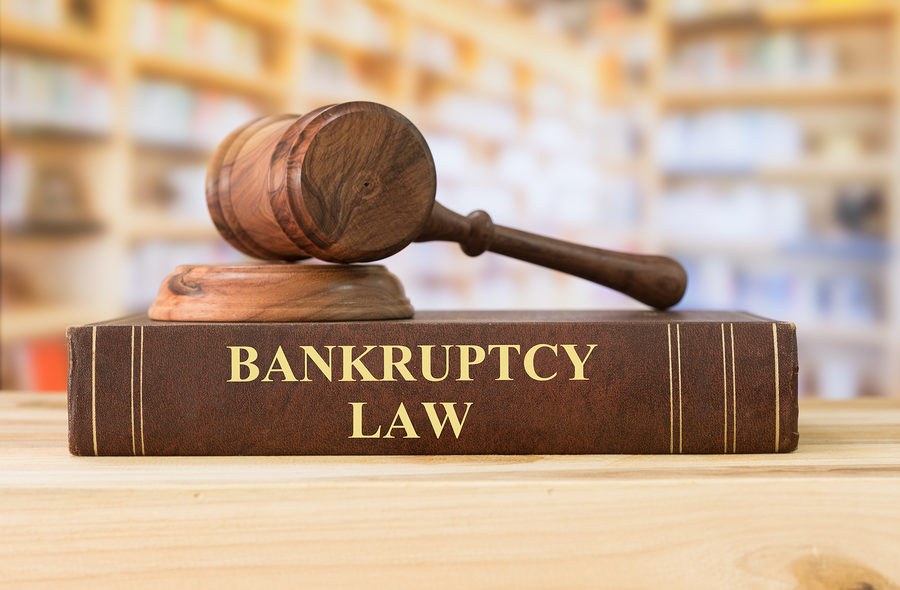When dealing with debt, there are different options consumers have available to them in terms of eliminating that debt. When it comes to debt consolidation and bankruptcy, it’s important to understand the differences between these two approaches, as well as the pros and cons of each.
Tag: Chapter 13 reorganization
Defaulting on Debt v. Filing Bankruptcy
It can be tempting to want to walk away from debt in lieu of filing for bankruptcy. But doing so will not provide the consumer with the clean slate that a bankruptcy discharge offers. It is often better to face these debts in a Chapter 7 or Chapter 13 bankruptcy case instead of choosing to default on them.
Whenever a consumer fails to make payments on a loan or financial obligation, this failure to pay is otherwise known as a default. Lenders all have their own requirements on what exactly qualifies as a “default,” including how many payments have been missed before the account is officially considered in default.
How Will Filing For Bankruptcy Affect My Spouse?
Filing for bankruptcy when someone is married can be a joint process, or it can be done by only one spouse proceeding with the case. Ultimately, it depends on the type of debt and the financial situations for both spouses. For example, if one only spouse owes a specific debt or debts, then that spouse may be able to proceed on a bankruptcy alone, especially if the other spouse has good credit and very few other debts. Proceeding with a single bankruptcy case while married can be complicated, and in certain situations, it can adversely affect the non-filing spouse, but not always.
Joint Debts
In any marriage, parties bring in their own, individual debts, and debts are almost always incurred during the marriage, as well. One spouse may choose to take out a loan, not naming the other spouse on the debt, which means only the spouse whose name is on the debt is responsible for what is owed. If that spouse is not able to continue making payments on the debt, he or she can proceed with a bankruptcy to discharge that debt. If the debts listed in that bankruptcy case belong to the filing spouse alone and not the non-filing spouse, discharging the filer’s debts and liabilities should be a straightforward process. It becomes more complicated if any of the debts listed in the bankruptcy case belong to the non-filing spouse. In these situations, these joint debts will normally remain with the non-filing spouse.
How to Handle Business Bankruptcy in the Aftermath of the Coronavirus
The coronavirus (COVID-19) pandemic has hit South Florida businesses hard. Many small businesses have struggled to survive the shutdowns and drop in revenue, while others are pursuing bankruptcy as a means of remaining in operation while receiving financial assistance. For businesses who wish to make it through this time of crisis, help is available.
It has been reported that the number of businesses that filed Chapter 11 bankruptcy increased by 26 percent from the previous year, even though overall bankruptcy filings were down. These numbers are expected to continue to increase over the summer months as businesses begin to reopen.
Which Type of Bankruptcy Eliminates the Most Debts?
When it comes to filing for bankruptcy, several different options are available, depending on the filer’s financial situation and types of debt owed. Two of the most common forms of consumer bankruptcy filings are Chapter 7 and Chapter 13.
Chapter 7 is a liquidation bankruptcy that wipes out most of your general unsecured debts such as credit cards and medical bills without the need to pay back balances through a repayment plan.
Bankruptcy Basics and When Filing is the Right Answer
Filing for bankruptcy can be a scary predicament. But we all know financial misfortune can affect any one of us, at any time. Whether it is a difficult divorce, an unexpected health crisis or an extended period of unemployment- bankruptcy can become less intimidating when you know how it works and what to expect.
So how do you know when it is the right time to file for bankruptcy? Here are a few questions to help you assess whether bankruptcy is a viable option.
- Are you only making minimum payments on your credit cards?
- Are debt collectors calling you?
- Does the thought of organizing your finances cause you to have fear and anxiety?
- Do you use credit cards to pay for necessities?
- Are you considering consolidating your debts?
- Are you unsure about the amount you actually owe?
If you answered yes to two or more of the questions above, it’s time to take a closer look at your financial situation. To determine where you are financially, take an inventory of all your liquid assets. Do not forget to include retirement funds, stocks, bonds, real estate, vehicles, college savings accounts, and other non-bank account funds. Calculate a rough estimate for each. Remember, virtually all retirement accounts are exempt from creditors, meaning you get to keep them if you file for Chapter 7 bankruptcy.
Then, collect and add up your bills and credit statements. If the value of your assets is less than the amount of debt you owe, declaring bankruptcy may be one way to get out from under your debt and get a fresh start.
There are many reasons people file for Chapter 7 bankruptcy. Some common reasons for filing for Chapter 7 are unemployment, large medical bills, overextended credit, and marital problems. Chapter 7 is sometimes referred to as a “straight bankruptcy.” Your assets are liquidated to pay off as much of your debt as possible. The cash from your assets is then distributed to your creditors. In approximately four months, you will receive a notice of discharge. For many, Chapter 7 offers a quick, financial fresh start. Many filers quickly rebuild their credit scores and have gone onto purchase homes.
For people who have property they want to hold on to, filing a Chapter 13 bankruptcy may be a better option. This type of bankruptcy is oftentimes referred to as a “reorganization bankruptcy.” Chapter 13 allows people to pay off their debts over a period of three to five years. For individuals who have consistent and predictable annual income, Chapter 13 offers a grace period. Any debts remaining at the end of the grace period are discharged. Once the bankruptcy is approved by the court, creditors must stop contacting the debtor. Individuals can then continue working and paying off their debts, while still keep their property and possessions.
If you are considering filing for bankruptcy, begin with these steps:
- Gather all necessary documents. This will document your income, your assets, and all of your debts. Download a copy of your credit report for free to make sure you do not leave anything out. Put all of the relevant paperwork — statements from all of your creditors, deeds and titles to property and vehicles, pay stubs, copies of tax returns — into a folder.
- Find an attorney who is an expert in bankruptcy. If you have an attorney you have used before, ask him or her for a referral to a bankruptcy specialist. Do your research online and in person, do not be sold simply by an advertisement. Look at a firm’s testimonials, past experiences with clients and the number of bankruptcy cases they have filed. With a good lawyer and the right information, filing for bankruptcy can give you the financial footing you need to get a fresh start.
If you are in financial crisis and considering filing for bankruptcy, contact an experienced Miami bankruptcy attorney who can advise you of all of your options. As an experienced CPA as well as a proven bankruptcy lawyer, Timothy Kingcade knows how to help clients take full advantage of the bankruptcy laws to protect their assets and get successful results. Since 1996 Kingcade & Garcia, P.A. has been helping people from all walks of life build a better tomorrow. Our attorneys’ help thousands of people every year take advantage of their rights under bankruptcy protection to restart, rebuild and recover. The day you hire our firm, we will contact your creditors to stop the harassment. You can also find useful consumer information on the Kingcade & Garcia website at www.miamibankruptcy.com.
Related Resources:
http://www.fool.com/personal-finance/credit/2007/08/31/dont-be-afraid-of-bankruptcy.aspx
https://www.legalzoom.com/articles/bankruptcy-basics-when-should-you-throw-in-the-towel

